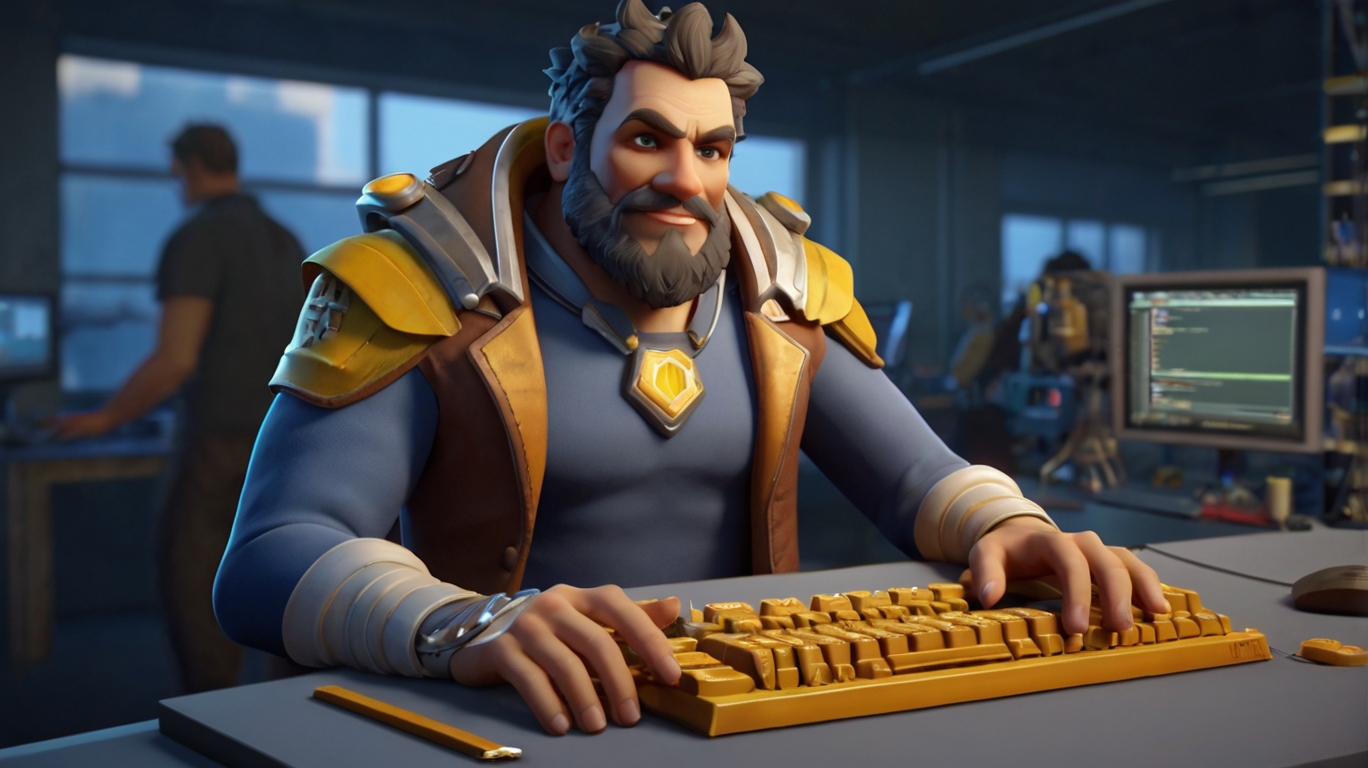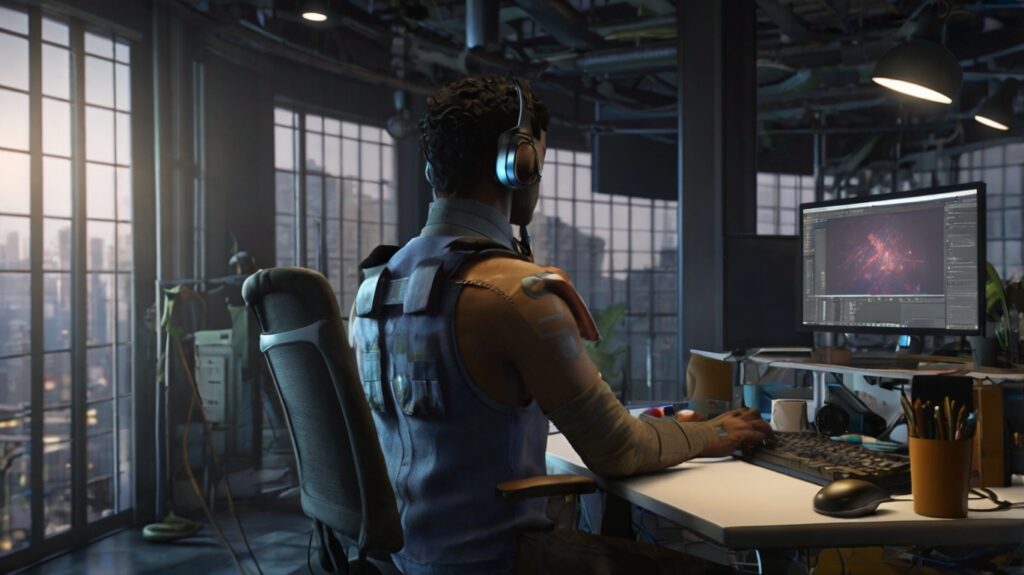
Because of its adaptability and user-friendliness, Unity has become one of the most well-liked game production engines in the rapidly expanding gaming sector. Unity gives you the resources and tools you need to realize your ideas, whether you’re trying to make complicated PC and console games, captivating VR experiences, or captivating mobile games. This is a comprehensive how-to tutorial for learning how to work with Unity and begin your career of game developer.
1. Understand the Basics of Game Development
You must understand the basics of game production before attempting to work with Unity. To do this, you must comprehend the responsibilities involved in game creation, the game development lifecycle, and fundamental game design concepts. Learn about ideas like user experience, narrative, and game mechanics.
Key Areas to Explore:
- Game design theory
- Player psychology and engagement
- Prototyping and iteration
2. Learn Programming Fundamentals
The main scripting language used by Unity is C#. To create games in Unity, developer must possess a solid basis in programming. Start with the fundamentals if you are new to programming.
Recommended Learning Path:
- Learn the basics of C#: variables, data types, loops, conditionals, and object-oriented programming.
- Practice coding by working on small projects or solving coding challenges.
- Explore resources like Codecademy, Coursera, or freeCodeCamp for beginner-friendly programming courses.
3. Get Familiar with Unity
Download and install Unity from the official Unity website. Unity offers a free version, Unity Personal, which is perfect for beginners.
Initial Steps:
- Explore the Unity interface: Understand the layout, including the Scene view, Game view, Hierarchy, Project window, and Inspector.
- Follow Unity’s official tutorials and documentation to get hands-on experience.
- Start with simple projects, such as creating a basic 2D or 3D game.
4. Utilize Online Learning Resources
There are numerous online resources available to help you master Unity. Some of the most popular ones include:
Online Courses:
- Unity Learn: Unity’s official learning platform with tutorials and projects.
- Udemy: Offers numerous comprehensive courses.
- Coursera: Provides courses from universities and institutions.
YouTube Channels:
- Brackeys: Offers tutorials on various Unity topics, from beginner to advanced.
- GameGrind: Provides practical tips and tutorials for Unity developers.
- Blackthornprod: Focuses on game design and development using Unity.

5. Practice with Real Projects
Hands-on experience is crucial for becoming proficient in Unity. Start with small projects and gradually take on more complex ones. Here are some project ideas to get you started.
Beginner Projects:
- Create a simple 2D platformer.
- Develop a basic 3D maze game.
- Build a clicker or idle game.
Intermediate Projects:
- Create a tower defense game.
- Develop a 2D puzzle game.
- Build a first-person shooter (FPS) game.
Advanced Projects:
- Develop a multiplayer online game.
- Create a complex RPG with a rich storyline.
- Build a VR or AR experience.
6. Join the Unity Community
Becoming part of the Unity community can accelerate your learning process. Engage with other Unity developers, participate in forums, and attend events.
Community Resources:
- Unity Forums: A great place to ask questions, share knowledge, and get feedback on your projects.
- Reddit: Subreddits like r/Unity3D offer discussions, resources, and support.
- Discord: Join Unity-related Discord servers for real-time collaboration and networking.
- Meetups and Conferences: Attend local meetups, game jams, and conferences to connect with other developers and learn from industry experts.
7. Build a Portfolio
To demonstrate your abilities to possible clients or companies, you must put together a portfolio. Your best work that showcase a variety of abilities and intricacies should be included.
Portfolio Tips:
- Showcase completed projects with detailed descriptions and gameplay videos.
- Include source code snippets or links to repositories (e.g., GitHub).
- Highlight your problem-solving skills and creativity.
8. Keep Learning and Stay Updated
New tools and methods are continually being developed in the field of game creation. Keep yourself informed on Unity’s and game development’s most recent developments, trends, and best practices.
Continuous Learning:
- Follow Unity’s official blog and release notes.
- Subscribe to game development YouTube channels and podcasts.
- Read books and articles on game design and development.
Conclusion
A Unity developer must be committed, persistent, and learn new things constantly. You can learn Unity, establish a solid foundation in game creation, and make captivating and creative games by following this guide. We are constantly searching for excellent Unity developers at Melior Games since we are passionate about game production. Set out on your adventure immediately, and who knows—you might invent the next huge video game phenomenon!




